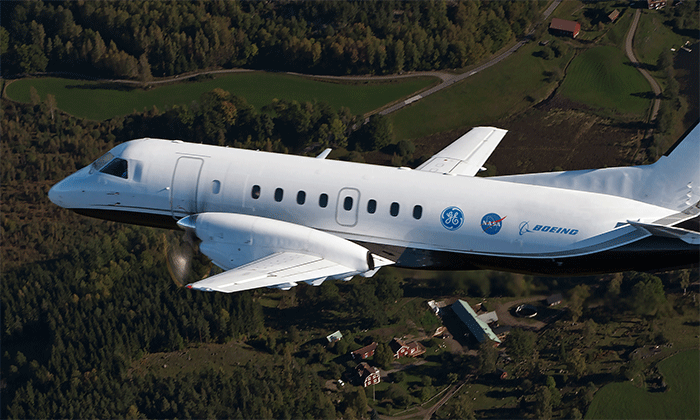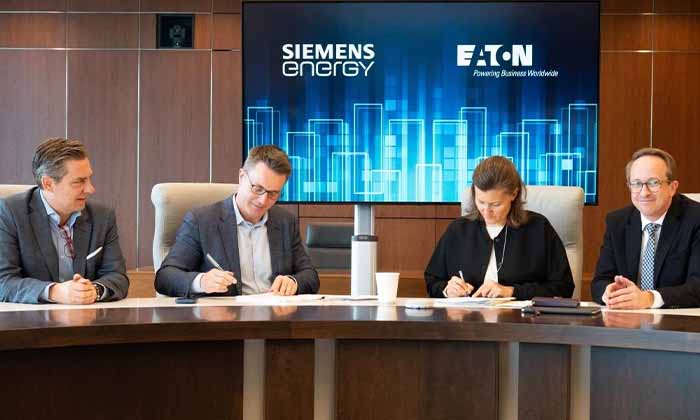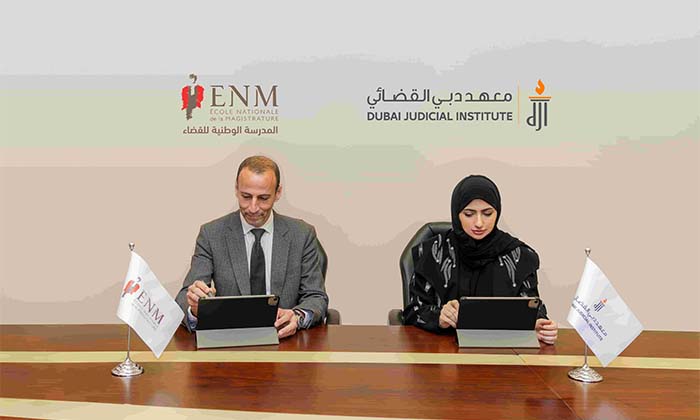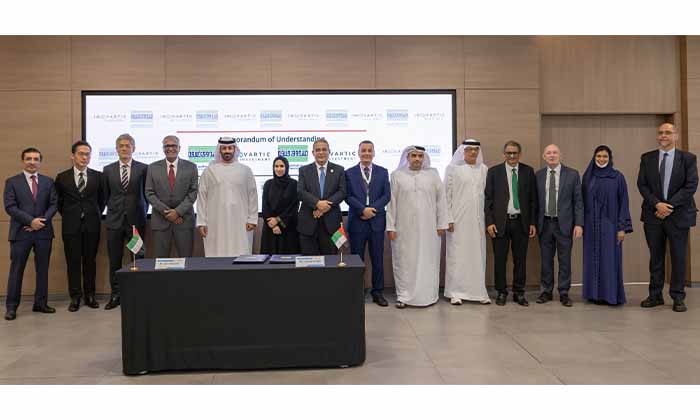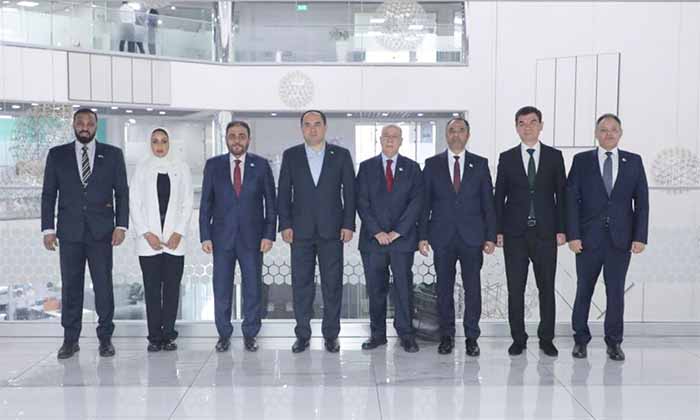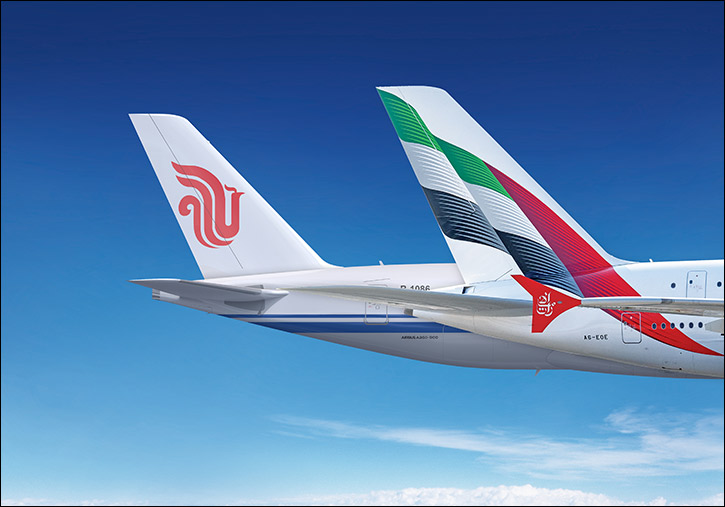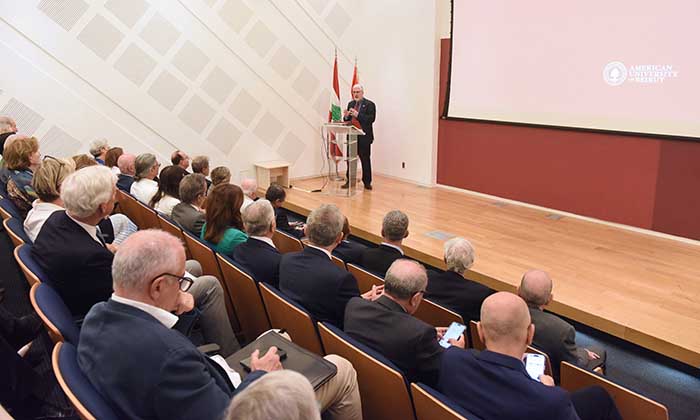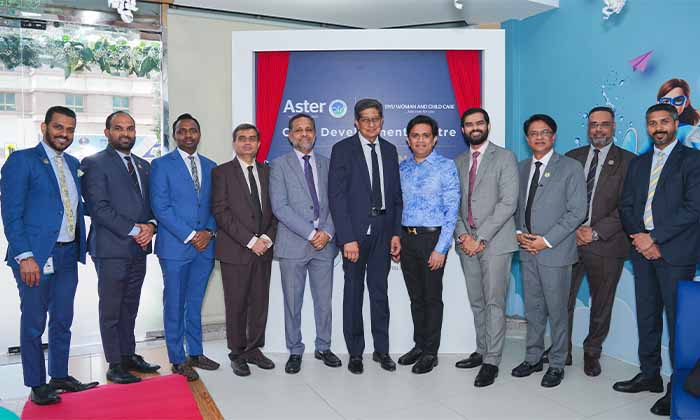GE Aviation has selected Boeing to support flight tests of its hybrid electric propulsion system using a modified Saab 340B aircraft and CT7-9B turboprop engines.
Boeing and its subsidiary Aurora Flight Sciences will provide GE Aviation with airplane modification, system integration and flight-testing services. That work includes nacelle manufacturing, flight deck interface design and software, aircraft-level performance analysis, and systems integration.
Previously, NASA and GE Aviation announced the launch of a new research partnership to mature a megawatt (MW) class hybrid electric propulsion system to demonstrate flight readiness for single-aisle aircraft. Plans are to conduct ground and flight tests in the mid-2020s. The program, part of NASA’s Electrified Powertrain Flight Demonstration (EPFD) project, is a total $260 million effort including investments from NASA, GE Aviation, Boeing and other partners over five years.
“We are excited about the opportunity to collaborate with Boeing to advance hybrid electric and electric propulsion systems,” said Mohamed Ali, vice president and general manager of engineering for GE Aviation. “NASA’s Electrified Powertrain Flight Demonstration project is an opportunity for GE Aviation and Boeing, world leaders in aviation technologies, to show hybrid electric propulsion is real and possible for the future of commercial flight to reduce carbon emissions.”
“We’re inspired to be joining GE Aviation in demonstrating the viability of hybrid-electric propulsion technology,” said Naveed Hussain, Boeing chief technology officer and vice president and general manager of Boeing Research & Technology. “We’re pleased to contribute our extensive research and testing of hybrid electric propulsion systems—including a longstanding development partnership with NASA—for a project that will no doubt be an important milestone on the path to more sustainable air travel.”
Aircraft systems engineering and testing work will be based at Aurora’s headquarters in Manassas, Virginia, with nacelle manufacturing taking place in its facilities in Mississippi and West Virginia.
“We are proud to contribute Aurora’s expertise in aircraft components, systems engineering, and testing to this important project,” said Per Beith, president and CEO of Aurora Flight Sciences. “Working with GE Aviation, we will make a significant impact on the advancement of electrified propulsion for commercial air transport.”
GE Aviation has been maturing components of high-power hybrid electric systems for more than a decade, including motors, generators, power convertors and power management systems. The hybrid electric technologies GE Aviation is advancing are highly compatible with Sustainable Aviation Fuel and hydrogen, as well as advanced engine architectures such as the open fan and new compact engine core designs.
Hybrid electric propulsion technologies can save fuel and optimize engine performance, helping the aviation industry reach its commitment of net-zero CO2 emissions from flight by 2050.
Supporting more than 80 airline customers in the Middle East, GE is committed to continuing to innovate and foster long-term relationships with its partners. At the recent Dubai Airshow, GE Aviation signed an agreement with Emirates to develop a program under which an Emirates Boeing 777-300ER powered by GE90 engines will conduct a test flight using 100% sustainable aviation fuel by the end of 2022. In a second agreement signed at the event, GE Aviation and Etihad will work together on initiatives to lower CO2 emissions from its fleet of 787 aircraft. Boeing’s newest widebody passenger jet, the 777X, which is propelled by a pair of GE9X engines, also made its public debut at the airshow.
